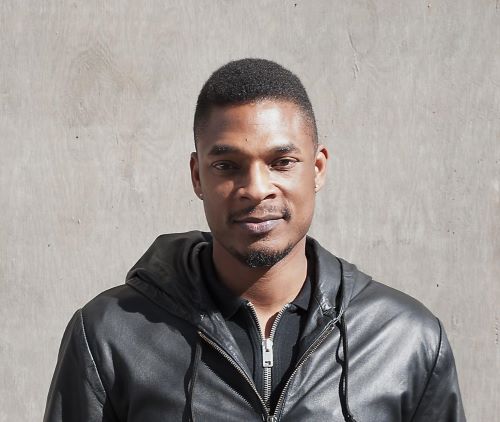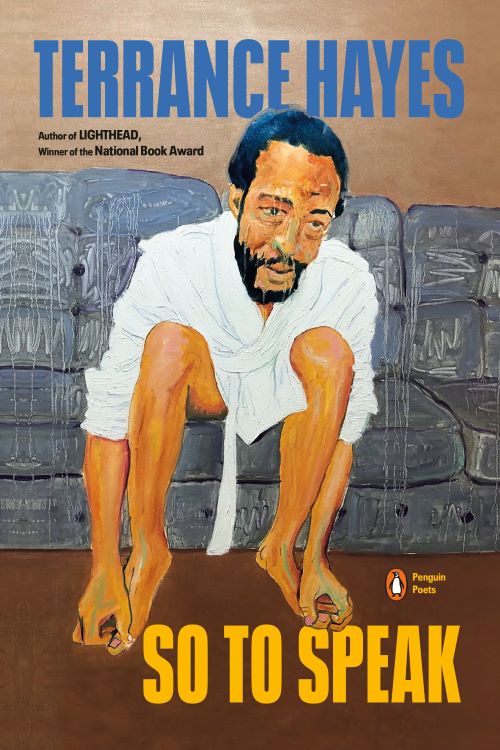In Gordon Parks’s lost Octavia Butler photos Parks parks ButlerIn Central Park & shoots her against the stars beginning to burnBetween the leaves & city some twilight evening in 1963.She’s a teen, but tall & nearly as quiet as the trees & policemenHovering over the scene. Parks shoots her leaning in the shadeOf the tallest tree, then clutching a hatchet at it, then transformedInto a small black bird perched in its branches. No police dogsAre on the attack. Rain makes the tree bark appearTo be sweating. The surface of everything cries over the blackHoles between capitalism & spirituality; the manholes betweenBuilding & property. When asked about the banter sharedDuring their time together, Butler & Parks recalled different things.If you see suffering’s potential as art, is it art or suffering?If you see life’s potential as art, is it artful or artificial living?
American Sonnet Starring Octavia Butler II
Feature Date
- August 24, 2023
Series
Selected By
Share This Poem
Print This Poem
“American Sonnet Starring Octavia Butler II” from SO TO SPEAK: by Terrance Hayes.
Published by Penguin Random House on Jul 18, 2023.
Copyright © 2023 by Terrance Hayes.
All right reserved.
Reproduced by Poetry Daily with permission.

Terrance Hayes is the author of American Sonnets for My Past and Future Assassin, winner of the 2019 Hurston/Wright Legacy Award, and Lighthead, winner of the 2010 National Book Award. His other poetry collections are So to Speak, How to Be Drawn, Wind in a Box, Hip Logic, and Muscular Music. He is also the author of To Float in the Space Between: A Life and Work in Conversation with the Life and Work of Etheridge Knight, winner of the 2019 Poetry Foundation Pegasus Award for Poetry Criticism. His honors include a National Endowment for the Arts Fellowship, a Guggenheim Fellowship, and a 2014 MacArthur Fellowship. Hayes lives in New York City, where he is a professor of creative writing at New York University.
“These are pieces that fuse trauma and humor, erudition and silliness in ways that somehow preserve those disparate qualities.”
—Ron Charles, The Washington Post
“Hayes is a maestro of poetic forms and these poems sing with a musical dexterity that embraces vulnerability and ambiguity . . . [So to Speak] reads like an ambitious mixed-media project questioning the role of art in representing suffering . . . Soul-searching questions ripple through a series of electrifying American Sonnets about James Baldwin, Audre Lorde, Octavia E Butler, Aretha Franklin and Nina Simone, reimagining the works and voices of many black cultural icons.”
—The Guardian
“Hayes’ poems never fail to play, thrillingly, with the constraints of form, and they engage with culture, past and present, while remaining deeply rooted in the personal. Don’t miss this one.”
—Lit Hub
“[A] polyphonic, multivalent collection of poetry . . . Hayes' role as an oracle of the auricular remains remarkable . . . The poet's nimble knowledge of music and visual arts is notable . . . Throughout, Hayes continues to stretch the limits of language and explore the far regions of English, while his formal experimentation shines . . . May this poet's brilliance always shine.”
—Booklist (starred review)
Poetry Daily Depends on You
With your support, we make reading the best contemporary poetry a treasured daily experience. Consider a contribution today.




